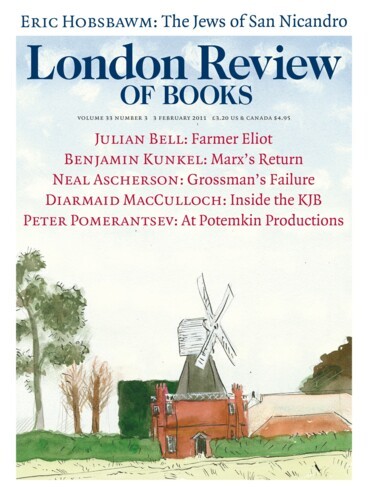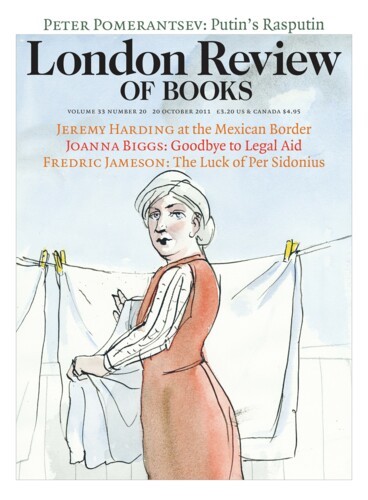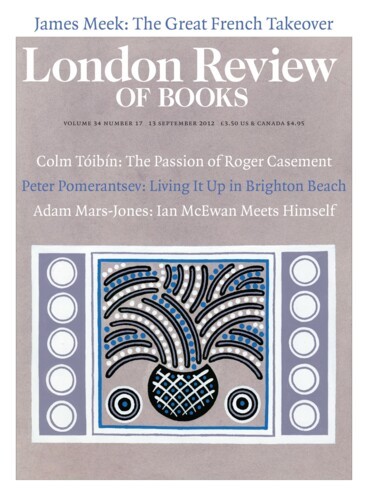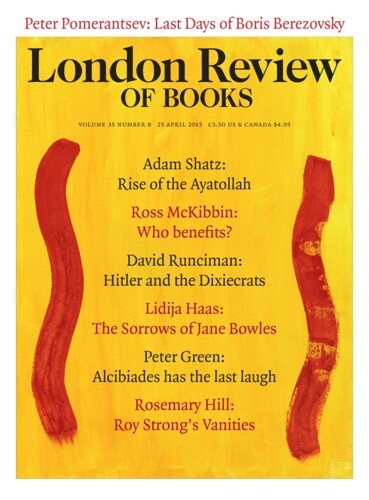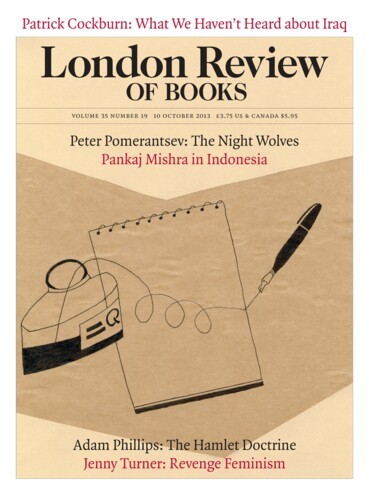Diary: At Potemkin Productions
Peter Pomerantsev, 3 February 2011
In 2006 I was invited to take part in one of the great adventures of modern broadcasting – conquering the booming Russian television market. The company I was hired by, Potemkin Productions, had been founded by Tim, a British executive producer, and Ivan, a Russian entrepreneur who had made millions in advertising and wanted to do the same in television. Potemkin’s plan was to take British shows like The Apprentice, Come Dine with Me and Faking It and remake them with local talent. It seemed so simple.
